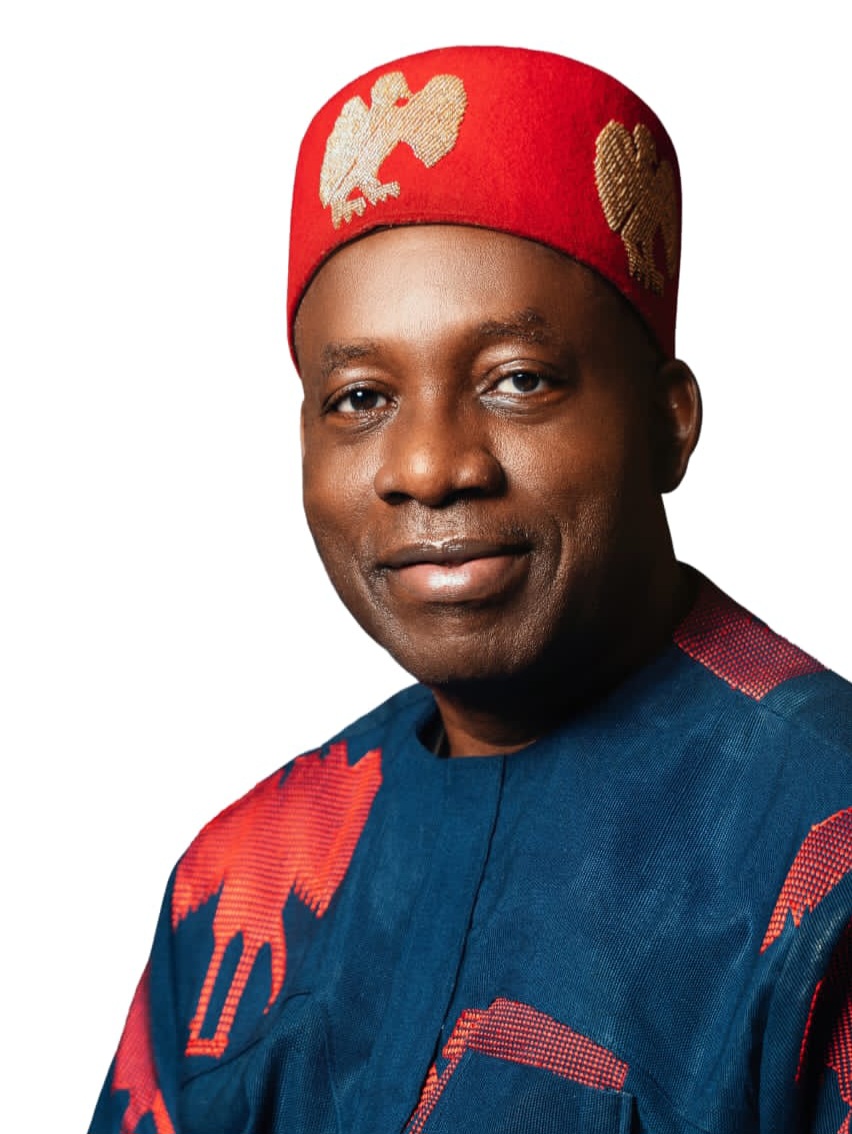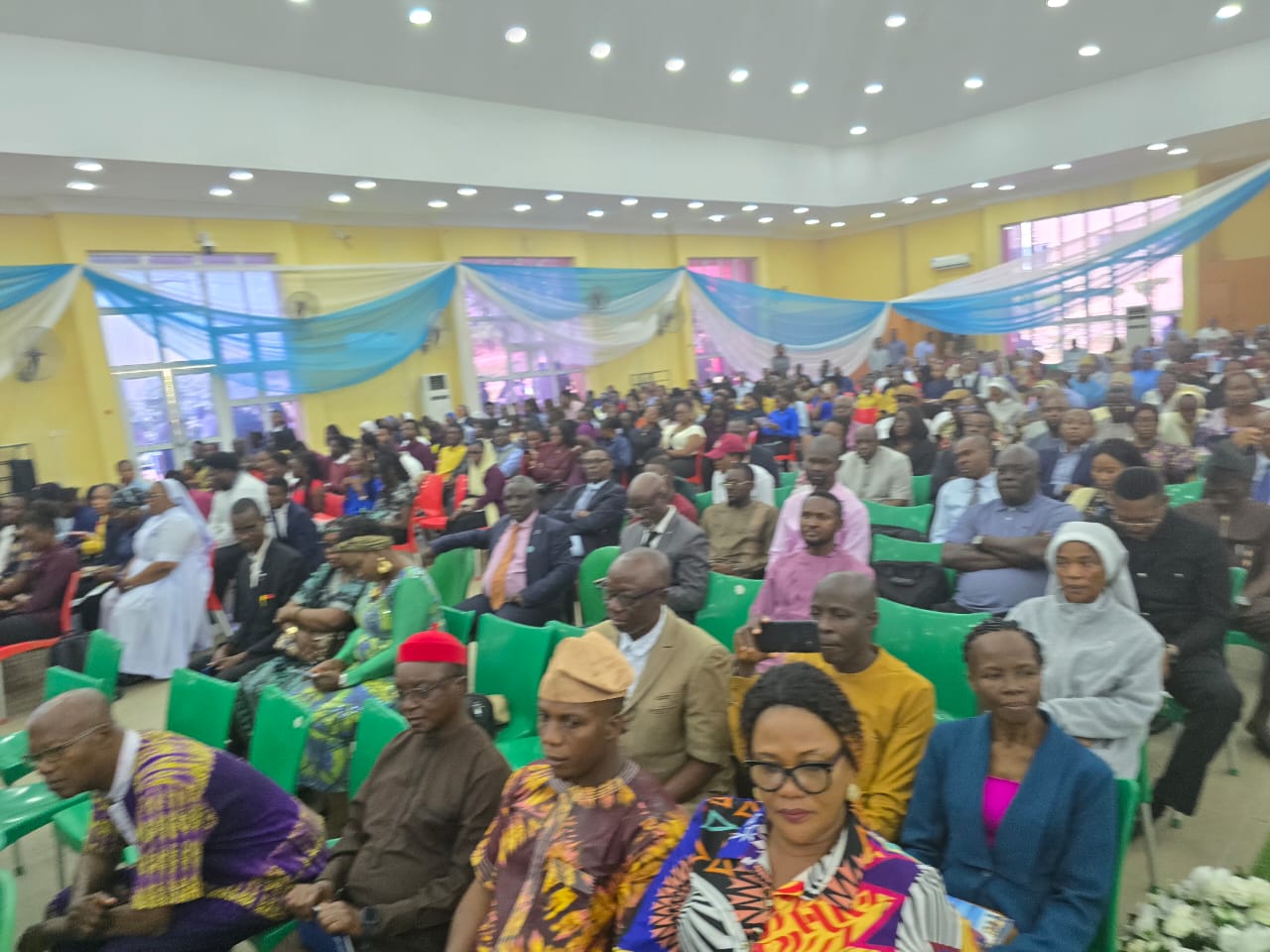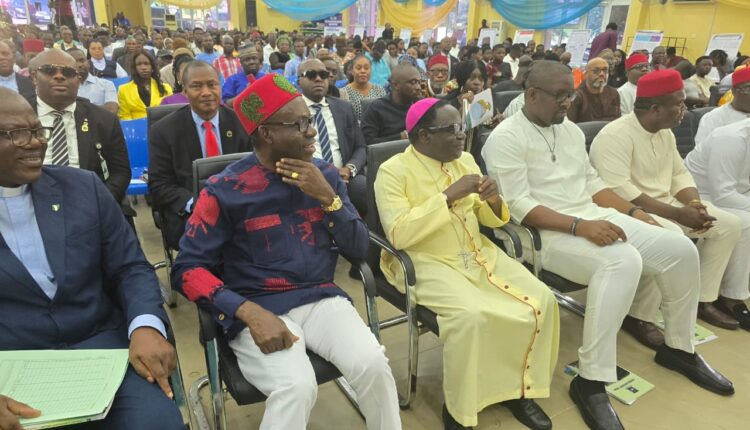
By Christian ABURIME


In a compelling convocation lecture delivered at Veritas University on November 7, 2024, Professor Chukwuma Charles Soludo, CFR, the Governor of Anambra State, outlined a vision for a transformative “New Deal for Nigeria.” Reflecting on his own graduation experience four decades ago, Governor Soludo emphasised the stark contrast between past and present challenges faced by graduates. He articulated concerns over Nigeria’s socio-economic issues, including rising inflation, unemployment, and a culture where wealth accumulation is prioritised over virtue.
Acknowledging the historical conditions that shaped his generation, Professor Soludo urged graduates to embrace their upcoming year of National Youth Service as an opportunity for personal and societal resetting. He encouraged active volunteerism and community service, positioning these experiences as crucial for nurturing selfless public service. He stressed the importance of continuous learning and adaptability in navigating the complexities of modern life, citing a worrying disconnect between graduates’ expectations and the reality of job availability.

Central to Professor Soludo’s message was the call for collective effort in nation-building, asserting that a new social contract encompassing basic socio-economic rights is essential. He emphasised that graduates from Veritas University, equipped with a holistic education grounded in Christian principles, bear the responsibility of contributing positively to society.
Professor Soludo also advocated the need for a pragmatic approach to governance in Nigeria, reminiscent of the U.S. Marshall Plan, calling for infrastructural investment and a focus on human capital development. He highlighted initiatives undertaken in Anambra State, such as massive investments in education and health, aimed at creating a more equitable society.
The erudite economist and former CBN governor further lamented the growing educational divide between rich and poor in the Nigerian society, proposing that breaking this cycle of poverty must be a priority. By fostering an inclusive educational environment, he posited that Nigeria could maximise its demographic potential and prepare itself as a leading global labour supplier by 2050.
In wrapping up, Professor Soludo inspired graduates to view their futures as flexible and urged them to actively shape Nigeria’s destiny through engaged citizenship. He called on them to cultivate hope, recognising that despite the challenges, they carry the responsibility to realise Nigeria’s potential as a great nation. His rallying cry reminded the young graduates that true leadership and commitment to civic duty begin with individual action, urging them to contribute meaningfully to the nation’s future.


